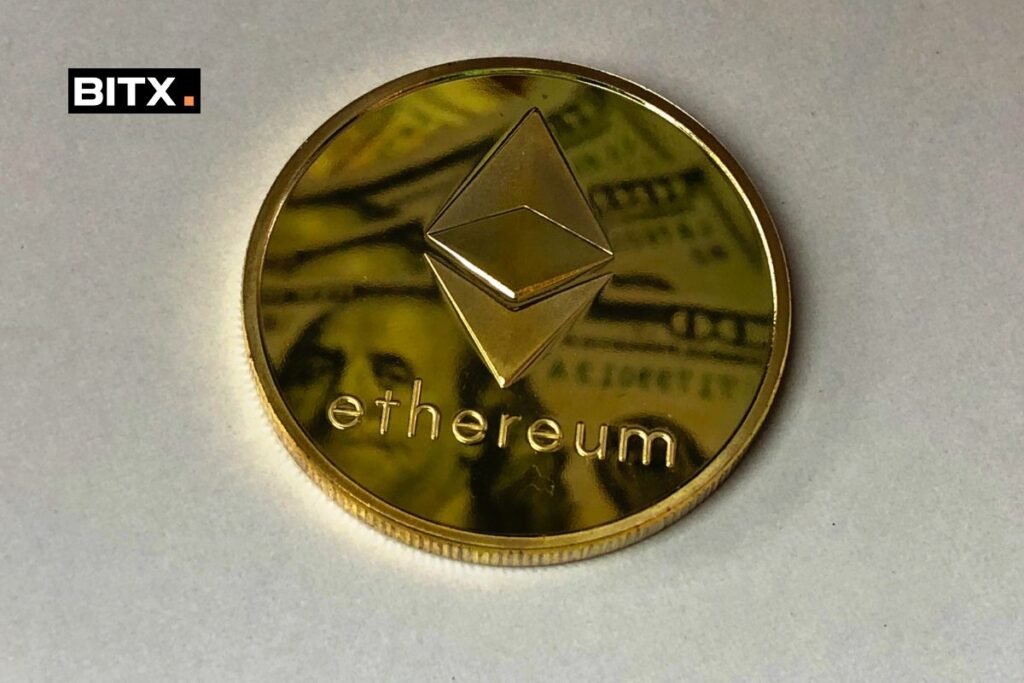Introduction
In the world of blockchain technology, Ethereum stands out as a leading platform due to its support for smart contracts. This comprehensive guide aims to explain the role, advantages, and limitations of Ethereum smart contracts.
Understanding Ethereum Smart Contracts
Smart contracts are self-executing contracts with the terms of the agreement between buyer and seller being directly written into lines of code. They live on the blockchain and can automatically execute transactions when predefined conditions are met.
The Role of Ethereum Smart Contracts
On the Ethereum network, smart contracts play a crucial role in enabling decentralized applications (dApps). They provide a secure and transparent environment for various digital transactions, such as peer-to-peer lending, digital asset ownership, and decentralized exchanges.
Advantages of Ethereum Smart Contracts
- Decentralization: Smart contracts on Ethereum operate without the need for intermediaries, reducing costs and increasing transparency.
- Automation: Removing human intervention reduces the potential for errors and fraud in transactions.
- Transparency: All smart contract actions are recorded on the blockchain, making the process traceable and auditable.
- Security: Smart contracts are secure, as their code is open-source and continually audited by the community.
Limitations of Ethereum Smart Contracts
- Complexity: Writing smart contracts requires a high level of programming proficiency in languages such as Solidity. This can deter less tech-savvy users.
- Gas Fees: Transactions on the Ethereum network are subject to gas fees, which can be prohibitively expensive during periods of high network congestion.
- Finality: Once deployed, smart contracts are immutable, so errors can be costly if not correctly anticipated and accounted for during the development process.
- Scalability: The Ethereum network currently struggles with maintaining speed and scalability, leading to slow transaction times and elevated gas fees.
Conclusion
Ethereum smart contracts have revolutionized the way digital transactions are conducted by offering efficient, secure, and transparent solutions. However, they also present challenges such as complexity, scalability, and gas fees. As the technology continues to evolve, Ethereum smart contracts will undoubtedly play a pivotal role in driving the future of decentralized applications and digital assets.

